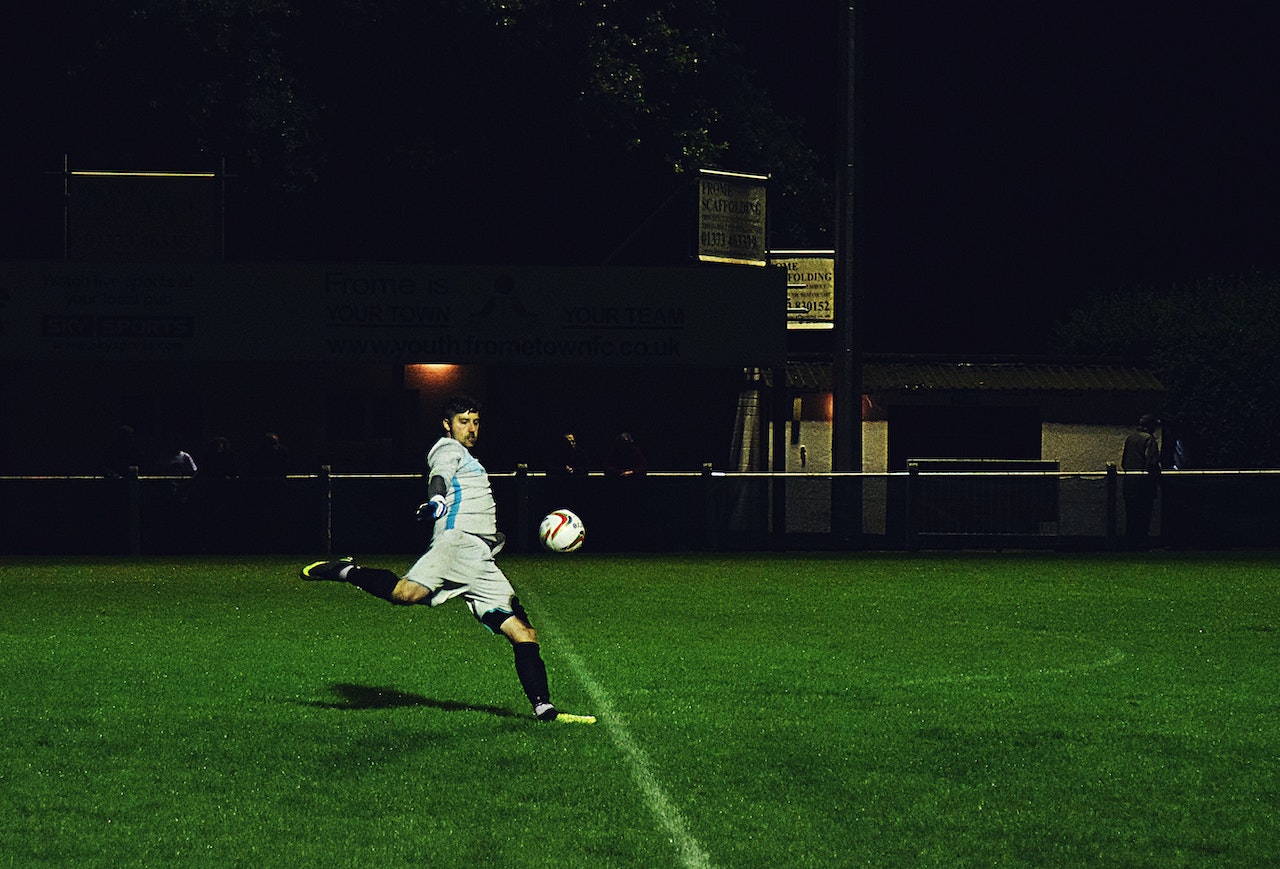The exhilarating game of soccer has captivated the hearts and minds of millions worldwide, with fans passionately cheering their favourite teams and players. Whether you’re a professional, an amateur or a hobbyist simply chasing the ball, the joy of playing soccer transcends geographical boundaries and skill levels. In order to improve your game and rise above the rest, there are several key skills that every soccer player must master.
Here are six techniques that will propel you towards success on the soccer field.
Building Ball Control
Arguably, one of the most important soccer skills is ball control. This refers to a player’s ability to receive the ball cleanly and manoeuvre it proficiently with both feet.
Start by mastering the basics in a calm environment. If you don’t know where to practice, simply search for ‘soccer field near me (NYC)’, and see what options are available.
Practice trapping the ball with the inside and outside of both feet, and progress to more complex skills such as using your chest, thighs, and head to control the ball. Remember, ball control isn’t just about keeping the ball close; it also involves knowing when to release it to maintain possession and create opportunities.
Mastering Passing
Soccer isn’t a one-man show. It’s about team coordination and strategizing together. Passing is a critical skill that bridges individual talent to team performance.
Develop both short and long-range passing skills. Short passing forms the basis of most team strategies, requiring accuracy and the right weight. Long passes, on the other hand, are more about vision and timing. They often set the stage for counter-attacks or can break through tight defences.
Perfecting Shooting
The ultimate goal (pun intended!) in soccer is scoring. Perfect your shooting skills to increase your chances of finding the back of the net. Understand the power-accuracy tradeoff: a powerful shot is pointless if it’s off target. Use the inside of your foot for more precision and the laces for power shots. Also, practice shooting with both feet and from different angles to become a versatile threat to the opposition.
Improving Dribbling
Great dribblers can single-handedly change the course of a match. Dribbling is more than flashy tricks—it’s about keeping possession under pressure, navigating through tight spaces, and creating chances for your team.
Practice different moves, like the step-over or the nutmeg, but remember, the most effective dribble keeps the ball out of your opponent’s reach.
Enhancing Defensive Skills
Even if you’re a forward, mastering defensive skills is crucial. Defence isn’t just about tackling; it involves intercepting passes, blocking shots, and marking opponents effectively. Learn to read the game and anticipate your opponent’s moves. Remember, good defensive work often leads to offensive opportunities.
Boosting Physical Fitness
Last but certainly not least, soccer is physically demanding. It requires a combination of stamina, speed, strength, and agility. Regular fitness training can improve these attributes. Incorporate cardio exercises for stamina, sprints for speed, weightlifting for strength, and plyometric exercises for agility.
Remember, the road to mastering soccer isn’t a sprint; it’s a marathon. It involves countless hours on the pitch, learning from your mistakes, and refining your skills. It’s about balancing the art and science of the game. It’s about having a deep-rooted passion for the game, whether you’re playing in a grand stadium or a local soccer field.
In Conclusion
Mastering soccer involves a mix of technical skills, physical fitness, and tactical understanding. It’s about perfecting your control, passing, shooting, and dribbling and boosting your defensive prowess and physical fitness. Like any skill, it requires patience, practice, and perseverance. So tie your laces, head to the field, and may your journey towards soccer mastery be a rewarding and enjoyable one!

